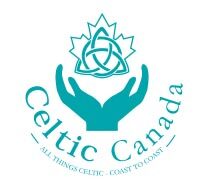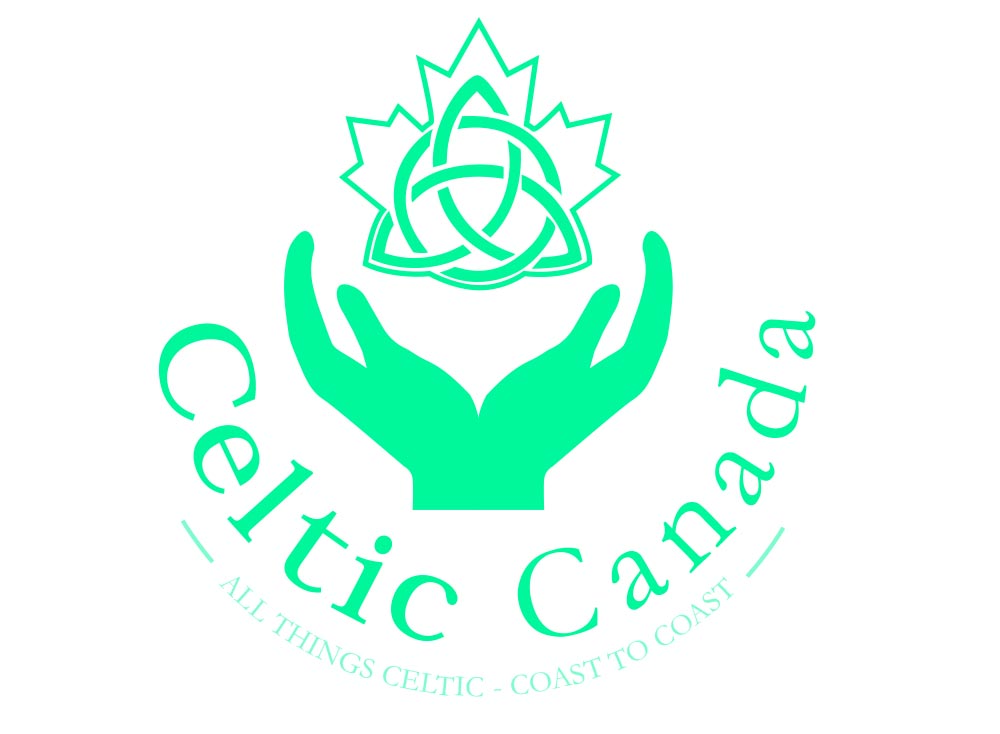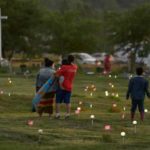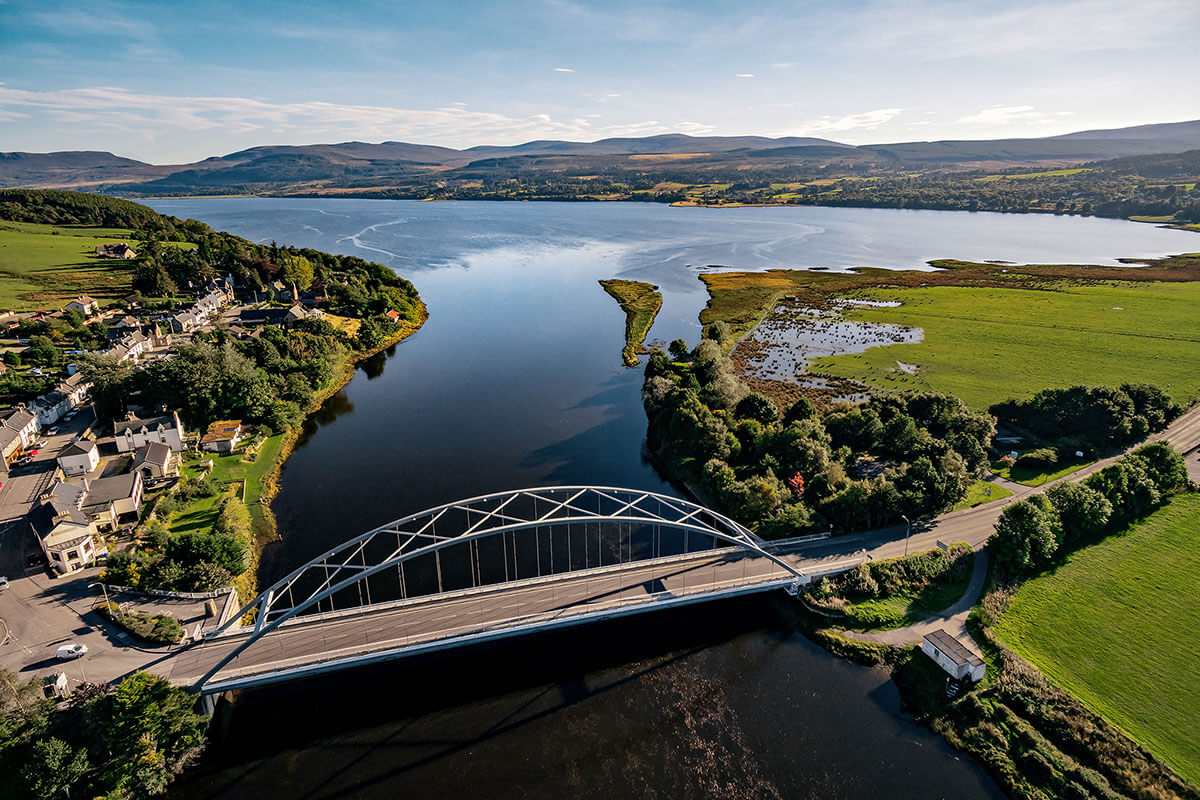This Canada Day follows the discovery of more than a thousand unmarked graves of Indigenous children who lost their lives in residential schools. As such, there is a national discussion on whether or not it should be celebrated at all.
Residential schools were run and sponsored by white European settlers between 1831 and 1996. Canada was founded in 1867. Indigenous people have lived on this land for tens of thousands of years before colonization. They have their own nations, languages, and cultures.
The function of residential schools was to assimilate Indigenous people into a Euro-centric society. These institutions were funded by the Canadian government, and largely operated by the Catholic church. Indigenous children were taken from their families, subject to abuse, and thousands died either at the location or trying to find their way home.
In late May, the remains of 215 children were found at a former residential school in Kamloops, B.C. There have been more findings since: 751 children found in Marieval, Saskatchewan; 104 in Brandon, Manitoba; 38 in Regina, Saskatchewan; 35 in Lestock, Saskatchewan; and 182 unmarked graves were reported found in Cranbrook B.C., yesterday.
Indigenous communities and allies are calling for justice for the children who died in residential schools across Turtle Island, which is now known as North America.
In Canada alone there are 139 residential schools identified in the federal government’s Indian Residential School Settlement Agreement. There will likely be many more discoveries as searches of residential school grounds continue.
The call to cancel Canada Day
Canada Day has a long history of controversy for Indigenous people and immigrants alike. Many Indigenous people see it as a celebration of genocide. The first of July is also remembered by Chinese Canadians as “Humiliation Day” following the 1923 Chinese Immigration Act when Canada banned most Chinese immigrants from entering the country.
This year, Indigenous leaders are calling for Canada Day to be a day of mourning. Doing so would be “a step toward reconciliation,” writes Indigenous activist Pamela Palmater. At least 50 municipalities across the country have cancelled their Canada Day celebrations this year, according to Indigenous activist group Idle No More. There are also plans for peaceful protests in 15 communities to honour the lives lost to the Canadian state, including migrant lives.
“Cancelling Canada Day is the bare minimum recognition of the ongoing colonization and genocide perpetrated against Indigenous peoples across Turtle Island,” says Idle No More co-founder Sylvia McAdam, in a media release. “The genocide of so-called residential ‘schools’ never ended. It continues today and we’ll use our voices across these lands for [Missing and Murdered Indigenous Women, Girls and Two-Spirit people], child welfare, birth alerts, forced sterilization, police/RCMP brutality and all of the injustices we face.”
The movement has brought up discussion in politics and amongst Canadians on how to approach Canada Day amid a time of reckoning. A recent Leger poll found the majority of Canadians do not support cancelling Canada day. About three quarters of Canadians say it would be best not to cancel Canada Day this year, 14 per cent say it would be best to cancel it, and 10 per cent are unsure.
Canadian political leaders Justin Trudeau and Jagmeet Singh have said Canada Day should be a day of reflection. Erin O’Toole has said he does not wish to see celebrations cancelled.
Although communities and residents are choosing to forego plans, Canada Day is not cancelled. The federal government is still going forward with its Canada Day programming, which includes performances from diverse groups of Canadians, including Indigenous artists. In a press release, Canadian Heritage encourages people to celebrate the day by creating memorable moments at home.
The 2021 Canada Day main show will take place virtually and will, in keeping with tradition, feature performances from across the country. The two-hour show will move from province to province to territory, featuring Canadian artists. The event will be broadcast on national television networks and on YouTube.
Some cities across the country have announced that they will be holding the traditional fireworks displays this year, a common Canada day feature in many communities. Some municipalities have also found ways to allow their residents to celebrate the event in person by spreading the activities over a few days, while others are organizing house-decorating competitions and a smaller-scale variety of outdoor activities at a social distance.
And instead of donning red and white, many will be wearing orange, which signifies the residential school experience, and Indigenous resilience. It is also for global citizens to show their commitment to the ongoing process of reconciliation.
This article first appeared in CICnews









